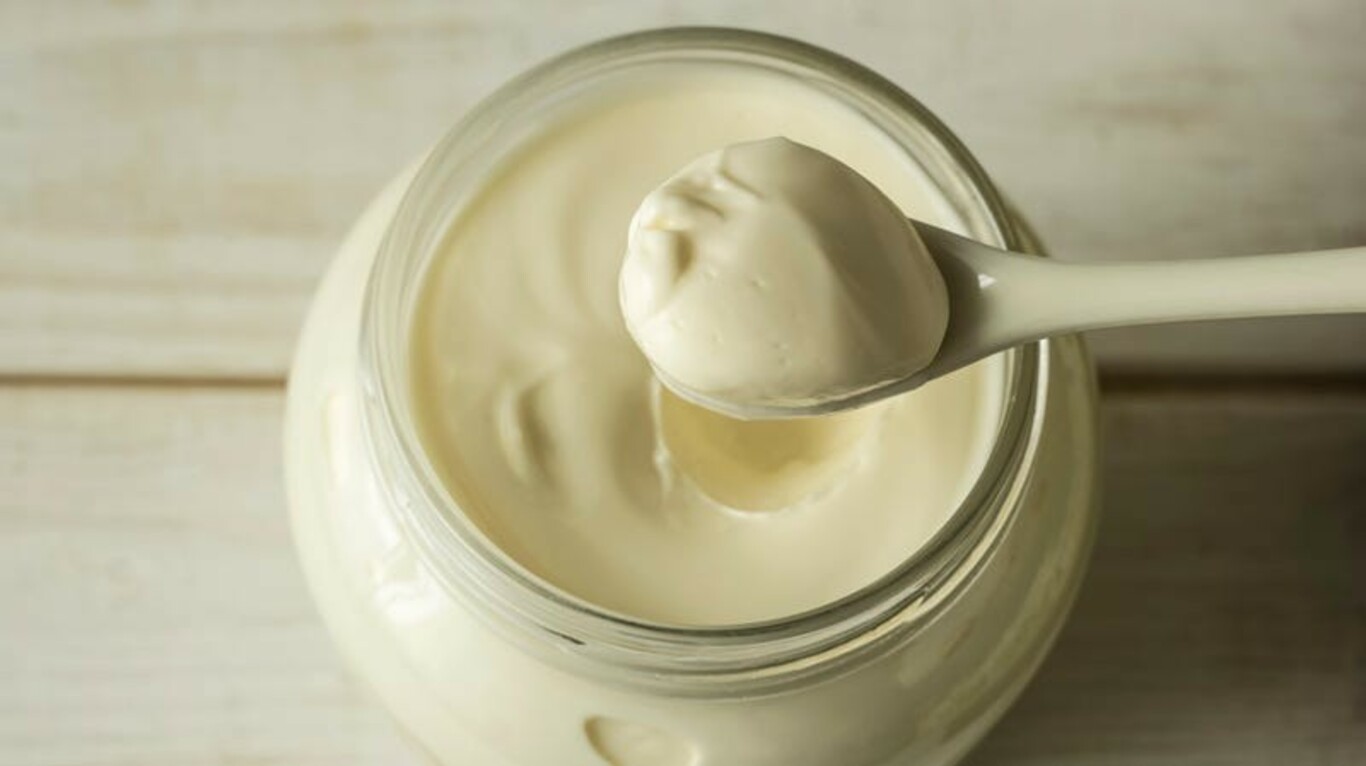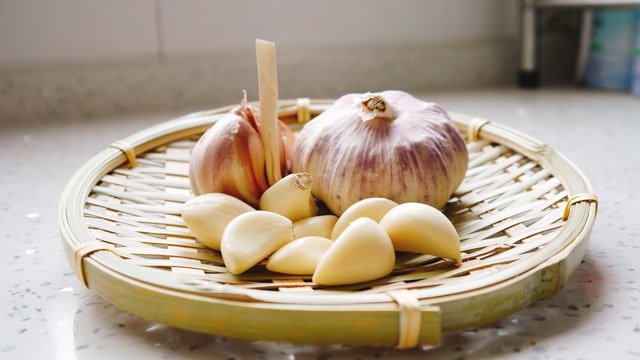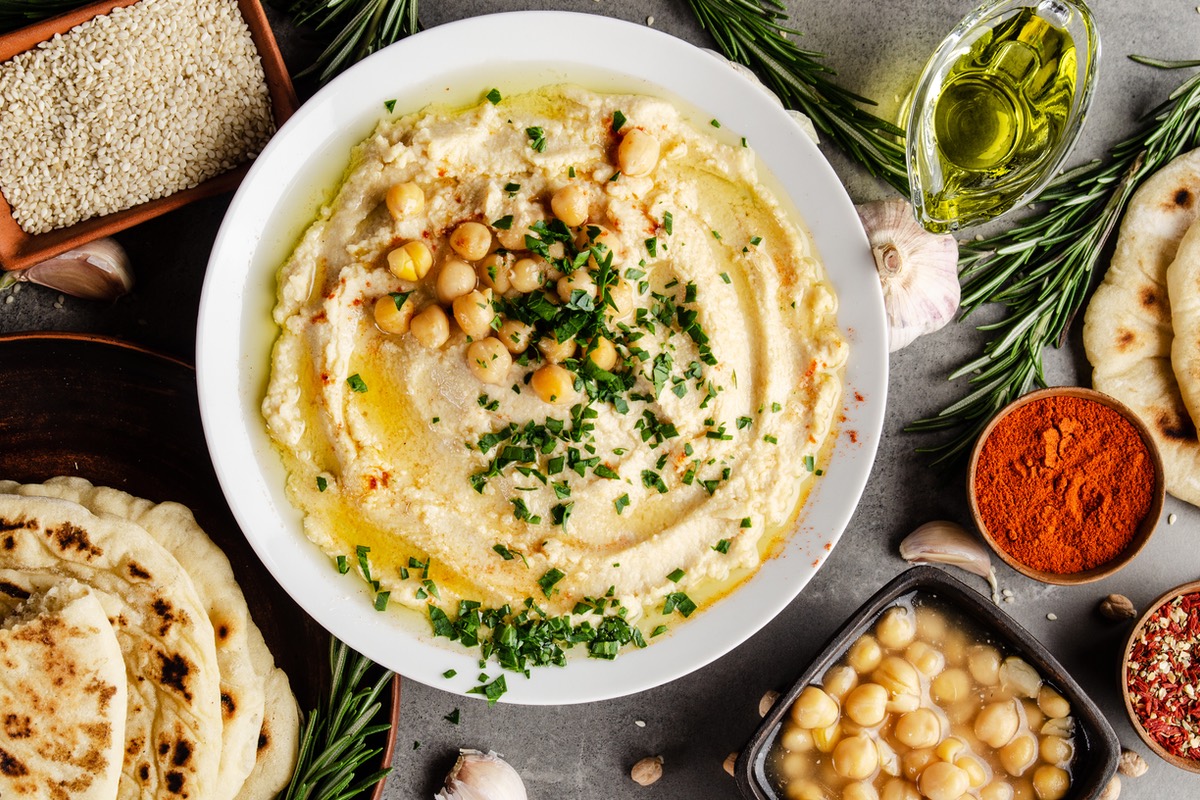If you make your own mayo, you know you can go all out by playing around with vinegars and various fats. Duck fat mayo, for instance, will change your sandwich game. Even something as simple as swapping egg yolks for whole eggs can change the flavor and texture of your spread. But while I love tweaking and tinkering with homemade recipes, I always have a jar of store-bought mayo in the fridge.
While it doesn’t have quite the same kick out of the jar, mass-produced mayo has a much longer shelf life than the homemade stuff, and it’s just so convenient. I don’t just smear it on my sandwiches, I cook with it. Last Thursday evening, I was using it as the base for a chicken thigh marinade.
I started by squeezing half a lemon into approximately 3/4 cup of mayo. I whisked it until smooth, gave it a little taste, and thought “That tastes good. Perhaps I should make a sandwich instead.” But I continued with my original plan, doctoring the marinade to taste with garlic powder, onion powder, paprika, salt, and sugar. The result was a very flavorful, fancy tasting mayonnaise that worked incredibly well as a marinade, but would have made an equally impressive tuna salad. “Why don’t I tweak all my store-bought mayo like this?” I asked myself. Why not indeed.
Mayo is an almost perfect blank slate for experimentation. Here are some ways to add nuance and class to boring, store-bought jars of my favorite sandwich spread.
Whisk in a fancy pants oil
Just a drizzle of peppery extra virgin olive oil or nutty pistachio oil can give your mass-produced mayo depth and flavor, making it taste much more expensive than it is. Add a little bit at a time, whisking after each addition, until it tastes luxurious.
Add a little crushed garlic
Aioli is not, as some menus would lead you to believer, fancy mayonnaise. A true aioli is nothing more than an emulsion of oil and garlic. (Garlic-flavored mayo would technically be an aioli, but not all aioli is mayo.)
You can, however, give plain Jane mayo an aioli vibe by smushing a clove of fresh garlic and mixing it into the condiment. Use caution: We love garlic’s ability to mask some of the more “commercial” flavors in store-bought mayo, but a little goes a very long way. Start with 1/2 a crushed clove per cup of mayo, cover, let meld for half an hour, then add more if needed.
Photo by ji jiali on Unsplash
Add acid
Tart, bracing acid, be it vinegar or lemon juice, is the thing that keeps mayo from being disgusting. Remove it from the recipe, you’re left with a goopy bowl of white stuff. Both lemon and apple cider vinegar can give the condiment a more rustic, DIY flavor, as they taste like ingredients found in a kitchen, rather than a factory. Start with those, then branch out to more interesting and exciting acids. (I’ve been toying with the idea of trying raspberry vinegar. Just for fun.) Splash and whisk to taste.
Squeeze in some mustard
Nearly all homemade mayos have a little mustard in them, and you’d do well to add some to your store-bought brands, too. The mucilage helps keep the other ingredients emulsified, and the mustard seed’s pungency can obscure any synthetic flavors you might find displeasing, while also adding my two favorite things: depth and nuance.
Take cues from your favorite fancy brands
Kewpie, Duke’s, and other choice brands are loved by legions of fans for their distinct flavors, but they’re not available in every region of the country. We can, however, look up their ingredients lists on the internet and learn from them. Duke’s for instance, has no added sugar uses a combination of white and apple cider vinegars, so consider doctoring your generic mayo with a little bit of each to temper the sweetness and replicate its signature tang.
Kewpie – an egg yolk only mayo – is acidified with a mixture or red wine and rice vinegars and contains a little bit of yeast extract (MSG). You can’t take egg whites out of your pre-made mayo, but you can tweak it with the appropriate vinegars and monosodium glutamate to give your Hellman’s a Kewpie vibe. (Speaking as someone who owns a Kewpie t-shirt, I think that’s a good vibe.)
This article was written by Claire Lower from Lifehacker and was legally licensed through the Industry Dive Content Marketplace. Please direct all licensing questions to legal@industrydive.com.









